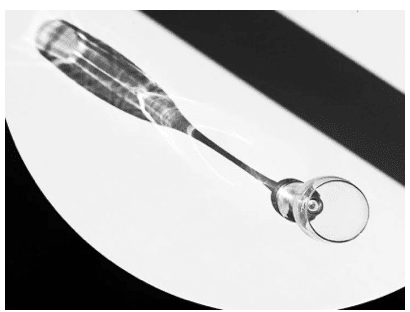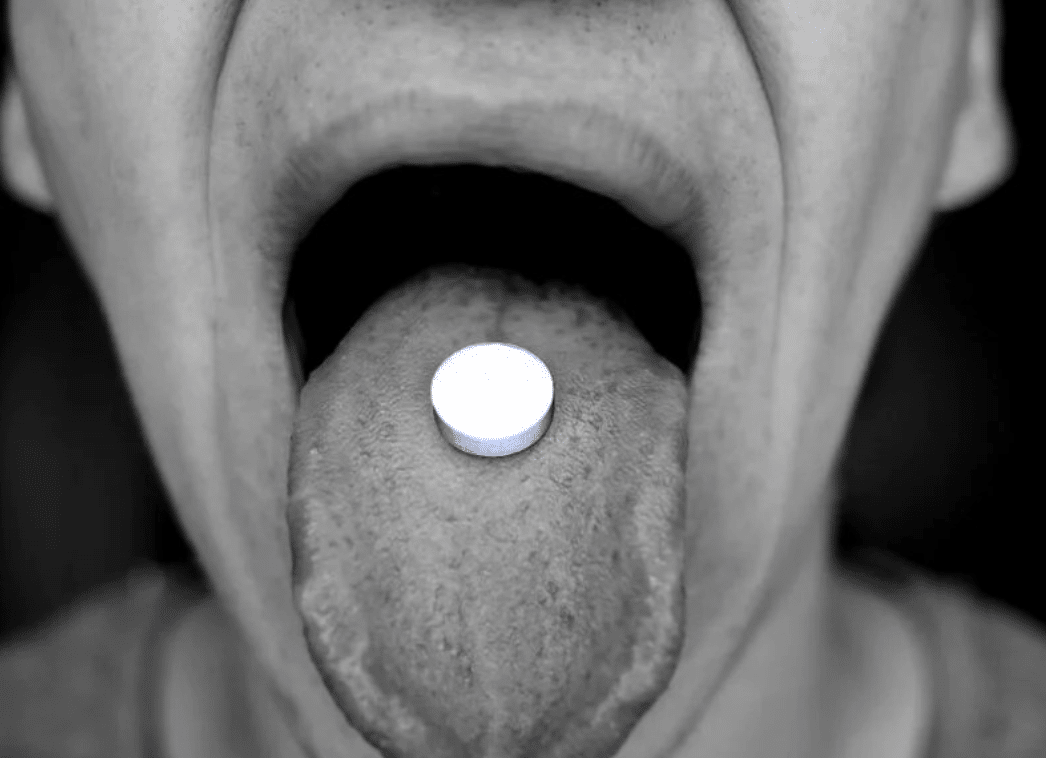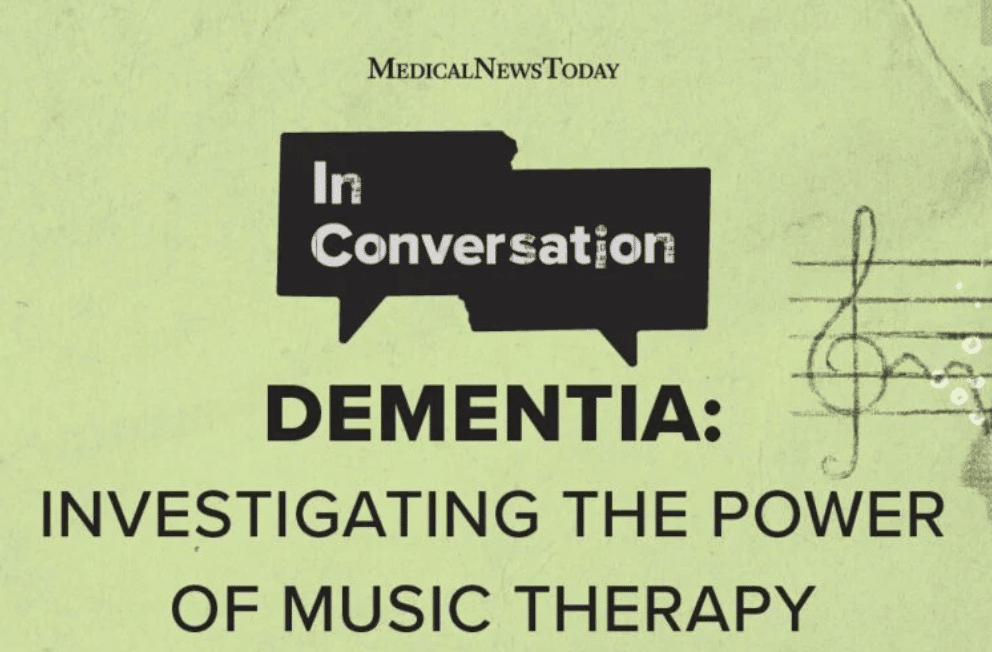For many people, sweating occurs due to eating hot and spicy food. For others, however, it happens frequently after eating any food.
In these cases where eating any food causes sweating, it is most likely due to nerve damage in or around the parotid gland, the gland in the cheek that produces saliva. When this occurs, it tends to happen on one side of the face and is known as Frey’s syndrome.
In some rare cases, people with diabetes mellitus may experience bilateral gustatory sweating, with sweating on both sides of the face.
In this article, we compare gustatory sweating with regular sweating and look at what can be done to treat or prevent cases of gustatory sweating.
Regular sweating after eating vs. Frey’s syndrome

Sweating on the face, neck, or scalp during or after eating is relatively common.
Gustatory sweating is similar to Frey’s syndrome, and the two terms are often used interchangeably.
It is not uncommon for people to sweat during or after eating. For most people, sweating occurs on the face, scalp, or neck when they are eating spicy or hot foods and drinks.
In these cases, the person’s body is responding naturally to stimulation of a rise in body temperature through sweat. This is a normal reaction and not a cause for concern.
A person with Frey’s syndrome has a problem with their parotid gland and may start to sweat and flush on the scalp, face, ears, and neck after eating any food. However, foods that make people produce a lot of saliva are most likely to trigger the reaction.
Typically, a person develops Frey’s syndrome as a result of surgery near the parotid gland. However, other people may experience Frey’s syndrome due to another injury or illness that affects the parotid gland.
In an attempt to heal themselves, damaged nerves sometimes get mixed up with other nerves, causing a person to produce sweat instead of saliva.
Typically, Frey’s syndrome occurs on just one side of the face. Although both cheeks have a parotid gland, only one may have been damaged.
Gustatory sweating can occur for no apparent reason or as a result of an underlying condition, such as diabetes or Parkinson’s disease. These diseases can also cause damage to the nerves in the mouth. When the nerves become injured, they can become confused and cause sweating.
Unlike Frey’s syndrome, other types of gustatory sweating often occur on both sides of the face. Unlike regular sweating due to eating spicy or hot foods, gustatory sweating causes a person to sweat and flush after eating, thinking, or even talking about food.
This sweating and flushing may occur around the temples, cheeks, neck, forehead, chest, or lips.
Gustatory sweating may cause some people distress, as thinking about food can trigger the reactions of sweating. Since there is often an underlying cause, a person should talk to their doctor to find out what may be causing the sweating.
How many pounds have you lost this month? At Dieta Efectiva you can lose 10-12 lbs your first week and 2 – 5 lbs every week after. Visit us dietaefectiva.net to learn more about our program
BG:NMT






